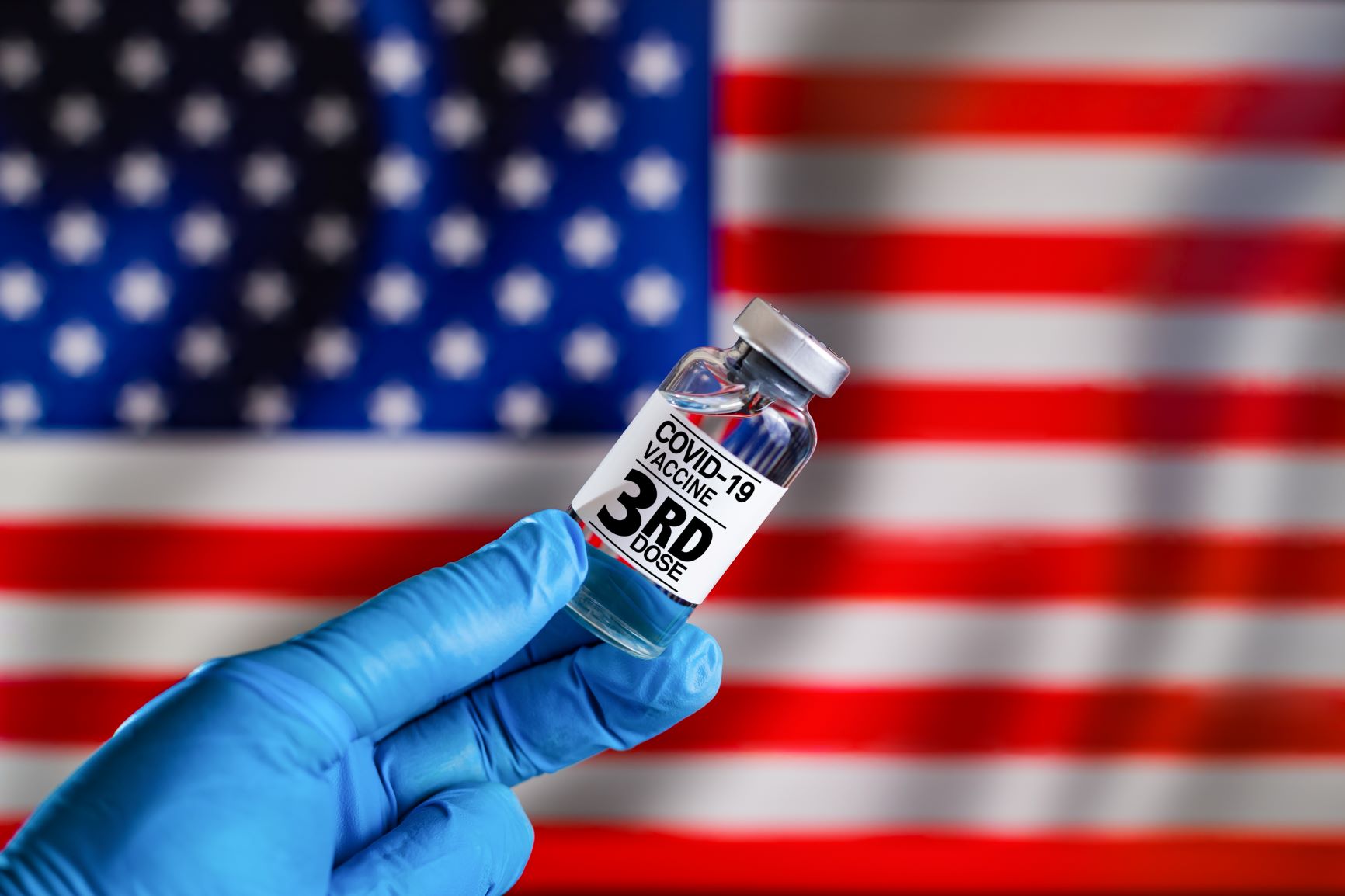6 Questions About Getting Your Third Dose of COVID-19 Vaccine, Answered

Throughout the pandemic, an outpouring of information – and misinformation – has understandably caused confusion for everyday people wondering how they can protect themselves and their loved ones against the Coronavirus. In recent weeks, for example, there have been an increasing number of questions about the COVID-19 vaccine. Only this time, the conversations largely pertain to COVID-19 third shots and boosters. We’re here to help clear up any confusion about who should get a third shot of the COVID-19 vaccine.
Today, we’re sharing answers to some of the most frequently asked questions. Here’s what you need to know about getting a third dose of the COVID-19 vaccine.
Is there a difference between a third shot and a booster shot?
In the case of the COVID-19 vaccine, a third shot becomes necessary when the body’s immune response hasn’t fully responded to the vaccine following the first doses. This is typically seen among those who are extremely immunocompromised. That’s why, recently, the FDA expanded the emergency use authorization (EUA) of the Pfizer and Moderna COVID-19 vaccines to provide third shots to those who fall into this category.
Details about the COVID-19 vaccine booster are a little bit different. When a person receives a booster shot, it’s to extend the protection of immunity against a particular disease. In these cases, those receiving a booster shot responded fully after their initial doses, but evidence shows that the protection fades with time.
Licensed health care providers can now prescribe a booster of the Pfizer vaccine at their discretion for off-label prescribing (meaning that it would be administered outside of the FDA’s fully approved guidelines). It’s likely that in the coming weeks, Pfizer will ask the FDA for a third COVID-19 vaccine dose to be recognized as a fully-approved booster shot.
Am I considered immunocompromised, and should I receive my third shot?
A third shot of the COVID-19 vaccine is currently FDA approved for immunocompromised individuals. If you’re immunocompromised, and it’s been at least 28 days since your second vaccine shot, you’re eligible immediately without a prescription. According to the U.S. Centers for Disease Control (CDC), immunocompromised individuals meet one or more of the following criteria:
- Actively receiving cancer treatment for tumors or cancers of the blood
- Received an organ transplant and are taking medicine to suppress the immune system
- Received a stem cell transplant in the last two years or are taking medicine to suppress the immune system
- Those with moderate or severe primary immunodeficiency (such as DiGeorge syndrome or Wiskott-Aldrich syndrome)
- Advanced or untreated HIV infection
- Active treatment with high-dose corticosteroids or other drugs that may suppress your immune response.
If you’re unsure whether or not you have medical condition(s) that make you eligible, consult with your healthcare provider about what’s best for you.
How has the Delta variant impacted the need for third shots and boosters?
With the surge of the highly infection Delta variant, it is widely believed that boosters will be an effective way to minimize the spread of COVID-19. The Delta variant’s high viral load, combined with declining antibody levels, are likely the cause.
Once the COVID-19 vaccine receives regulatory approval as a booster shot, it will be available to everyone beginning eight months after their second dose of the initial vaccine. In the meantime, the best things we can do to fight against COVID-19 as a community are to get everyone vaccinated, continue to wear masks indoors, and avoid crowds and indoor gatherings, especially in areas with high community transmission.
For your third shot, do you have to match the initial brand of vaccine you received?
Currently, the FDA recommends that you try to match your third dose to the original mRNA vaccine you received. In situations where that isn’t possible, an additional dose of a different vaccine is allowed. In all cases, one should wait at least 28 days after the completion of their initial COVID-19 series before getting a third shot.
For physician-prescribed boosters, it’s best to match the original vaccine. If yours was Moderna, however, you can receive Pfizer as your third dose. At this time, the FDA does not have enough data to endorse an additional dose for immunocompromised individuals who received the Johnson & Johnson COVID-19 vaccine, otherwise known as the J&J vaccine, as their primary series.
Are there harmful effects associated with getting a third shot or booster?
The CDC’s research showed that side effects and symptoms of the third shot were consistent with previous doses. For most, the symptoms were mild or moderate.
Pfizer and Moderna have both submitted data demonstrating that the safety and symptoms for a COVID-19 booster shot are similar to the initial series, but additional studies are being conducted.
Will everyone eventually need more doses of the COVID-19 vaccines?
The research is ongoing to determine how long the COVID-19 vaccines offer protection – but it’s highly likely that, at some point, people will need either a booster shot or an additional dose(s) of the vaccine. For healthy individuals, their COVID-19 vaccine should still be providing protection. While vaccinated people can still get COVID-19, it’s less common and much less severe.
If you haven’t received your COVID-19 vaccine yet, it’s important to get it as soon as possible. Along with other preventive measures like wearing a mask or practicing social distancing, it is your best form of protection against COVID-19.
